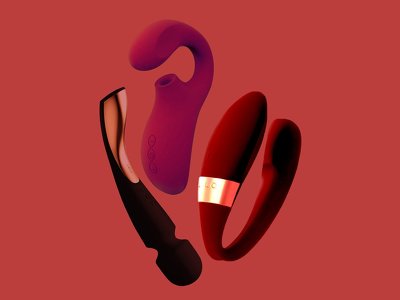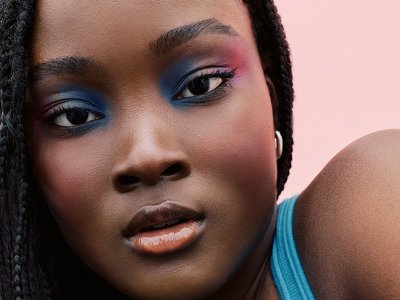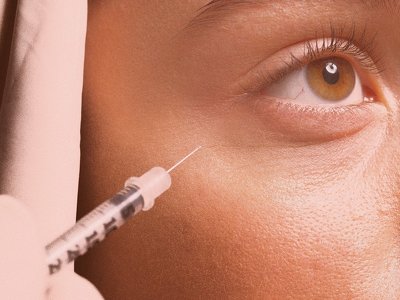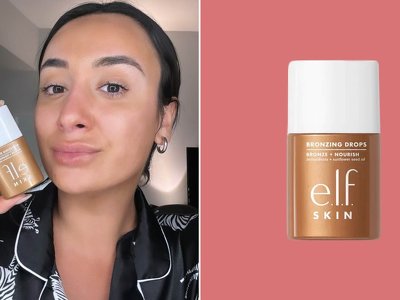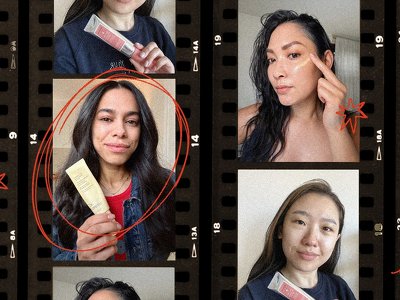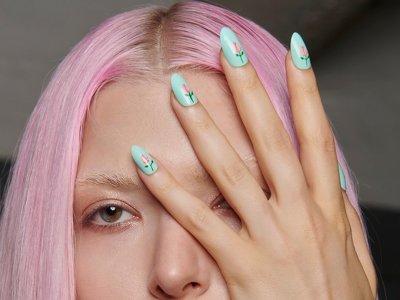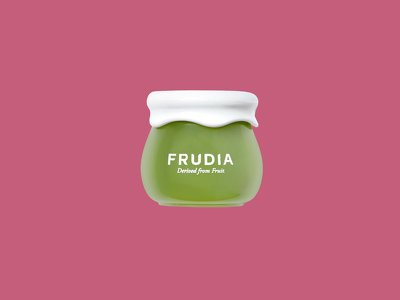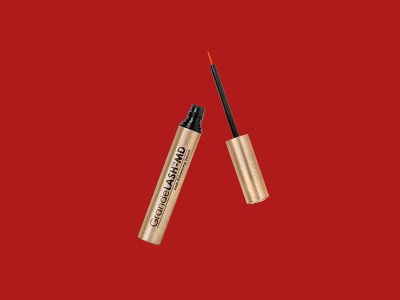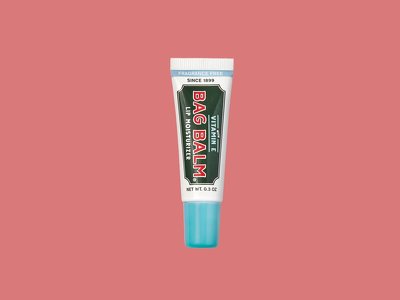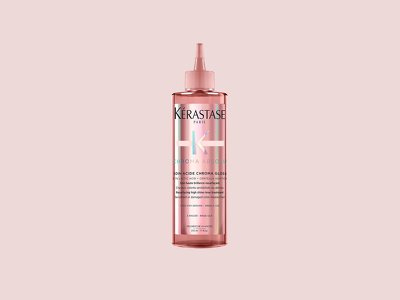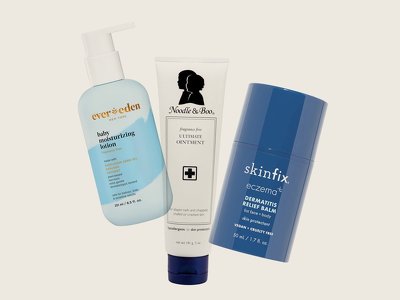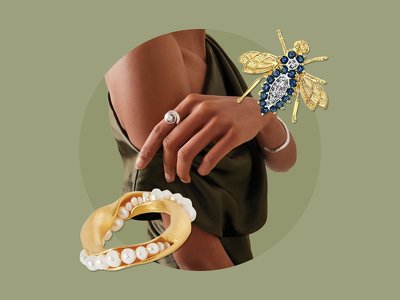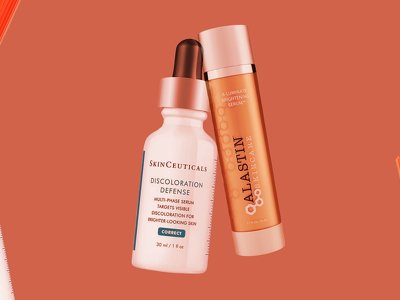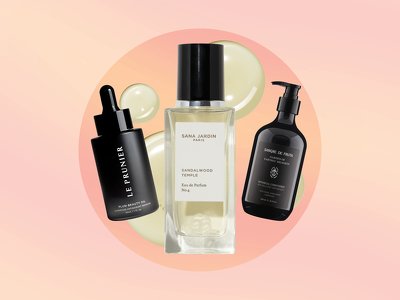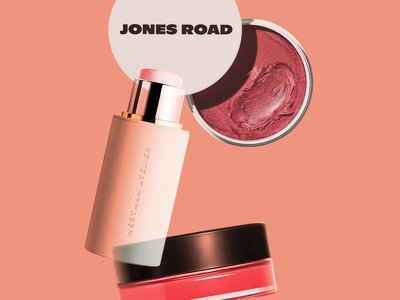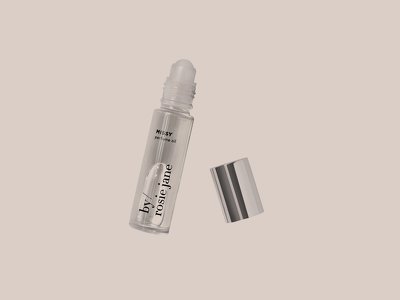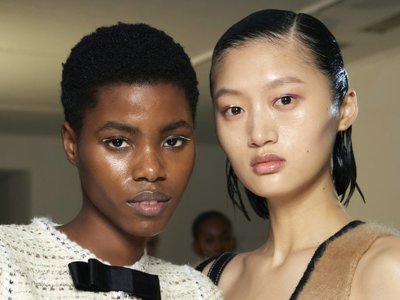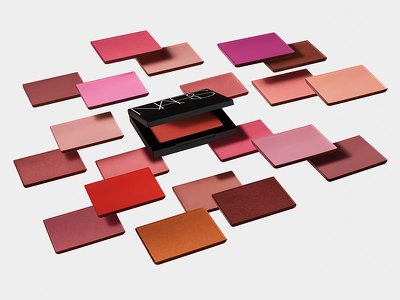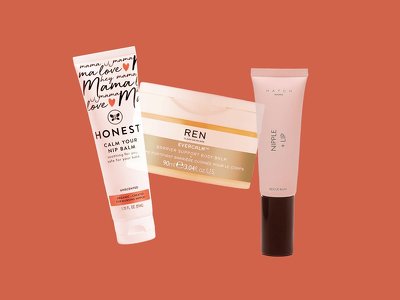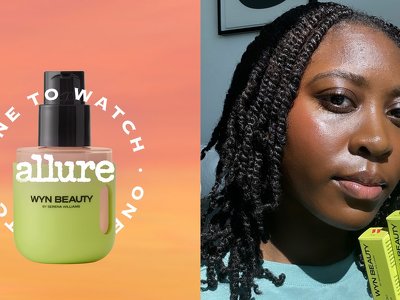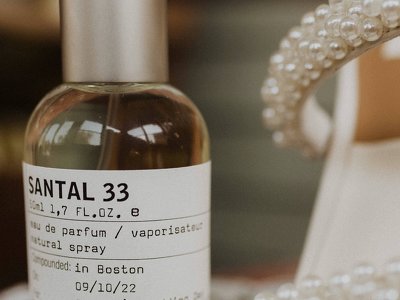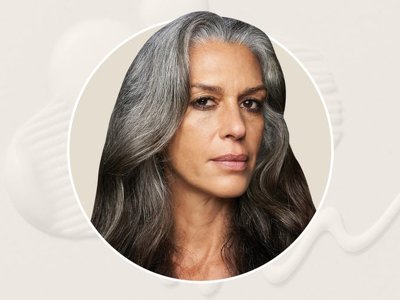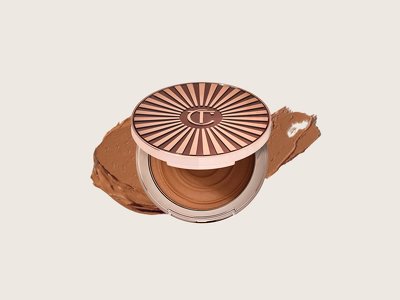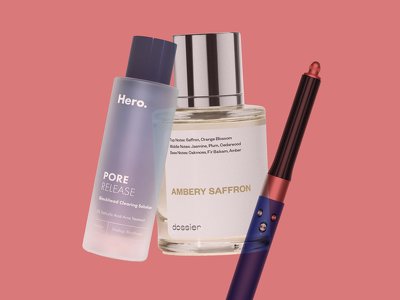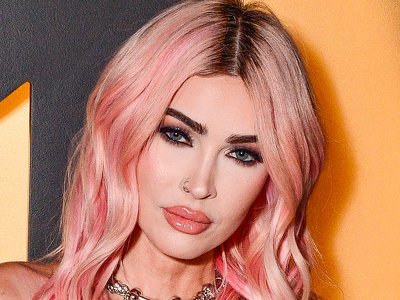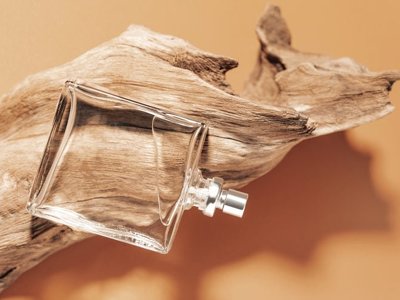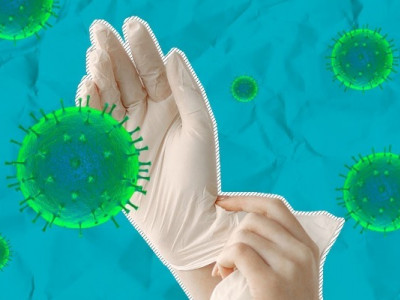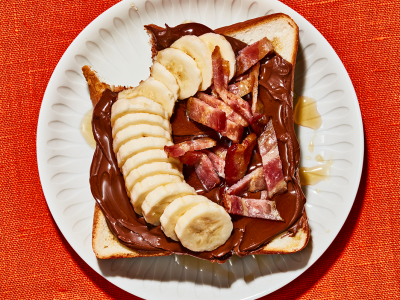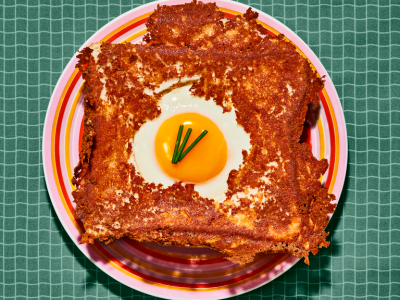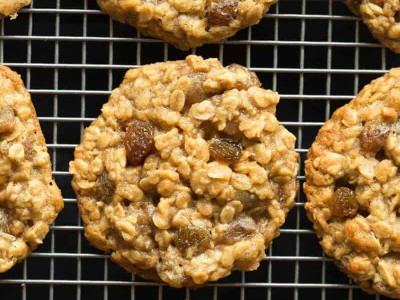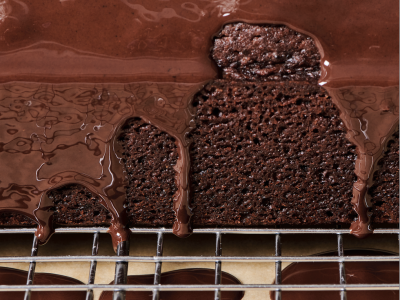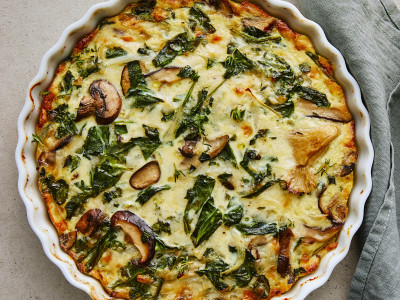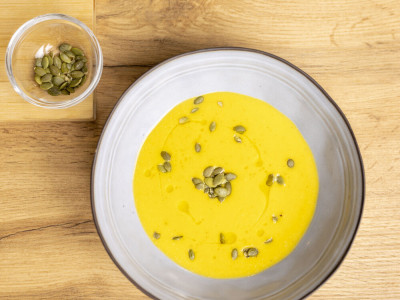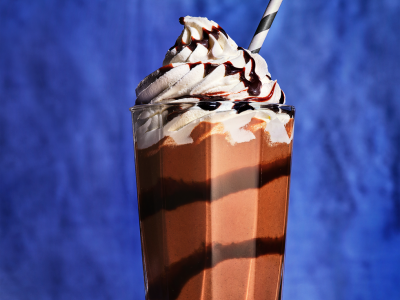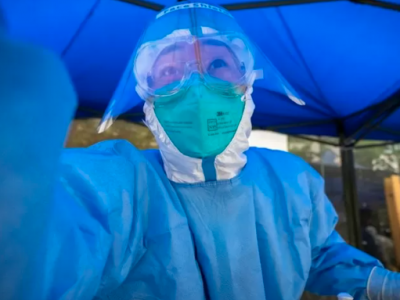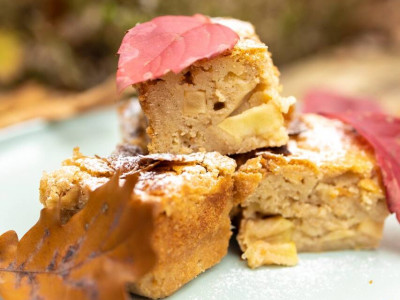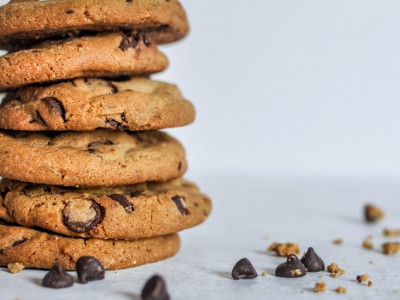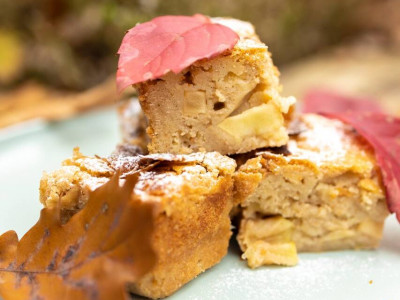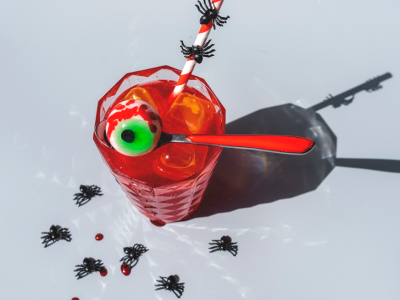Will Protein Give You Better Hair and Skin?

Cottage cheese. Chicken breast. Khloe’s Kardashian’s (predictably-named) Khloud white cheddar popcorn. What do all three of these items have in common? They’re all sources of protein (though you won’t find that last one on the food pyramid).
Biologically-speaking, protein (which is made up of structural units called amino acids) plays an enormously large role in the function of the human body. And while the macronutrient is popularly discussed in conversations surrounding muscle gain and satiating hunger, how much (or little) of it you’re consuming can also impact the health and structure of your skin, hair, and nails.
“If you're not eating enough protein, your body starts prioritizing—vital organs get first dibs, and skin, hair, and nails get what’s left,” says Mona Gohara, MD, a board-certified dermatologist and associate clinical professor at Yale School of Medicine. “Since keratin, collagen, and other skin-supportive proteins are made from amino acids, your diet is basically the supply chain. If it’s broken or understocked, production slows.”
Therefore not consuming enough protein can lead to a slew of less-than-desirable side effects like brittle nails, thinning hair, dry, flaky skin, and even a loss of skin elasticity. (A quick note: The health consequences of not consuming enough protein can be much more serious than weakened fingernails, which is why protein is considered a dietary essential—more on that below).
Ahead, experts break down how protein is involved in the formation of your hair, nails, and skin, what happens when you don’t eat enough, how the damage can be undone, and why topical beauty products aren’t the answer to the problem.
According to Dr. Gohara, you can think of protein as being both the construction crew and the scaffolding of your entire body. “Protein is like the building material your body uses to construct everything from muscle and bone to skin, hair, and nails,” she says.
Heather Woolery-Lloyd, MD, a board-certified dermatologist based in Miami, says proteins are important for nearly every process in the body—which may help you understand why they’re typically described as being the “building blocks” of life. Not only do proteins construct and repair all of the body’s tissues, but they also drive chemical reactions, transport substances throughout the body, and form the immune system, she says. “Without sufficient protein, your body can't build or maintain itself, fight off illness effectively, or perform its essential functions,” Dr. Woolery-Lloyd explains.
Breaking it down a little further, proteins are made up of their own building blocks or repeating units called amino acids. “These amino acids function as molecular building blocks that the body assembles into various proteins required for cellular repair, enzyme production, and tissue maintenance,” explains Pooja Rambhia, MD, a board-certified dermatologist based in New York City. The body is not capable of making all of the amino acids you need to function, which is why you must get them from your diet. Once you consume protein, your body breaks it down and uses the amino acids where they are needed. And as Dr. Gohara said, enhancing your hair, skin, and nails understandably comes second to, say, producing antibodies.
Still, skin, hair, and nails would be nonexistent without protein. The three key proteins involved in the structure of skin are collagen, elastin, and keratin. According to Dr. Gohara, collagen gives structural support and firmness to the skin, while elastin provides elasticity—meaning it allows skin to stretch and bounce back to its original shape. As we age, our bodies produce less of these proteins, leading to the formation of wrinkles and skin laxity. (So when a skin-care product claims to boost collagen production, it’s inferring it helps ward off the formation of wrinkles or simply reduce the appearance of them.)
Both collagen and elastin are produced by skin cells called fibroblasts in the dermis, the second layer of the skin. The outermost layer of skin, known as the epidermis, is made up of a fibrous protein called keratin, which is produced by skin cells called keratinocytes, Dr. Gohara explains. “As keratinocytes move upward through the layers of skin, they produce more keratin, eventually forming a strong, protective barrier,” she says.
Keratin is also the key protein involved in the formation of your nails. “Nails are composed almost entirely of keratin proteins that have been hardened and compacted into layers, giving them their characteristic strength and durability,” says Dr. Rambhia. While keratin is really the main component of nails. Dr. Gohara says that collagen and elastin play an additional role in nail structure by supporting the nail matrix, the skin where fingernail and toenail growth occurs.
When it comes to the structure of hair, keratin is also the main character, but there are other proteins (supporting characters, if you will) called keratin-associated proteins that support the cause. According to Dr. Woolery-Lloyd, you can envision human hair as a rope. “The main strands of that rope are made of keratin, but to make that rope extra strong and prevent it from unraveling, you need something to bind those strands together. That's where keratin-associated proteins (KAPs) come in,” she says.
KAPs create strong connections between strands of keratin, Dr. Woolery-Lloyd explains. “This cross-linking forms a really dense network, which is what gives hair its strength, shape, and resistance to damage. While keratin provides the core structure, KAPs are essential for reinforcing the hair shaft,” she adds.
Both the hair and the nails require additional proteins, like enzymes and transport proteins, to support growth and development, adds Dr. Rambhia.
“Keratin and other structural proteins in hair and nails differ from most functional proteins in the body in terms of composition, structure, and role,” explains Dr. Rambhia.
For instance, she says keratin is rich in an amino acid called cysteine, which is responsible for forming strong chemical bonds called disulfide bonds. “This gives keratin its exceptional strength and resistance to degradation,” she says. For reference, some bond-building hair-care products work to repair or strengthen these bonds, which are broken when hair is severely damaged during chemical treatments. Another key characteristic of keratin? It’s water resistant, thanks to its concentration of hydrophobic (aka, water-repelling) amino acids.
“Unlike metabolically active proteins such as enzymes and hormones—which are regularly synthesized and broken down—keratin is biologically stable and persists for long periods,” Dr. Rambhia says.
Melanie Palm, MD, a board-certified dermatologist, says that keratin and KAPs’ slow turnover and high cross-linking (chemical bridges that bind to protein chains) make them exceptionally resilient structures, especially compared with other proteins in the body that are sensitive to environmental changes and are rapidly recycled.
“This unique composition is what allows hair and nails to maintain their structure and integrity over time,” she says.
Protein deficiency can manifest in your skin, hair, and nails in several different ways. Your nails may become brittle and may be more prone to splitting, peeling, and breaking, says Dr. Rambhia. “Nails may also develop horizontal ridges called Beau’s lines, which reflect temporary disruptions in nail growth,” she adds. (But Dr. Rambhia says these can also be caused by certain medications and medical conditions like uncontrolled diabetes and pneumonia, among others, so consult with a board-certified dermatologist.)
Hair takes a hit in the form of dullness, thinning, shedding, and increased breakage. In severe cases, hair growth can slow or completely halt. Symptoms of severe protein deficiency can show up in the skin as well. In these instances, Dr. Gohara says the skin may peel, flake, and bruise more easily, and wounds can take longer to heal. Experts say severe protein deficiency can do far more damage than meddling with your nails, hair, and skin. In prolonged cases, Dr. Rambhia says it can contribute to progressive muscle mass loss and immunocompromisation, among other medical conditions that require immediate medical intervention.
That all said, experts say protein deficiency isn’t a particularly common condition in the United States. “In patients who are otherwise healthy and eating a balanced diet, it’s relatively uncommon to see clear signs of protein deficiency just through hair and nails,” says Dr. Rambhia. “That said, in individuals with restrictive diets, chronic illnesses, or absorption issues, the body may prioritize essential organs over skin, hair, and nails, leading to visible changes like brittle nails, slow nail growth, or thinning hair,” she further explains.
These symptoms can also be caused by other health conditions. For instance, Dr. Palm says there are a multitude of autoimmune conditions—like Grave’s thyroiditis, Hashimoto’s thyroiditis, and lupus, for example—that may cause similar symptoms to be present.
And while protein is certainly irreplaceable when it comes to overall skin, hair, and nail health, Lauren Manaker, a registered dietitian, says all three are influenced by other factors, like hydration, genetics, and other vitamins and minerals. “Protein lays the foundation, but it's only one piece of the puzzle,” she says.
For starters, if you’re noticing symptoms like brittle nails and thinning hair, Dr. Gohara recommends bringing it up to your doctor to determine if the root cause is nutritional or another underlying health issue. If your hair and nail symptoms are determined to be due to a protein deficiency, Dr. Gohara says working with a healthcare provider or a registered dietitian to address the issue and create a game plan is key.
Eating more protein can help, but the exact amount needed to reverse the damage depends on the individual. And even when you’re e
- Last
- April, 28
-
- April, 27
-
- April, 26
-
-
- April, 25
-
- April, 22
-
-
-
-
- April, 16
-
-
-
-
-
- April, 15
-
-
-
- April, 13
-
-
News by day
31 of July 2025
